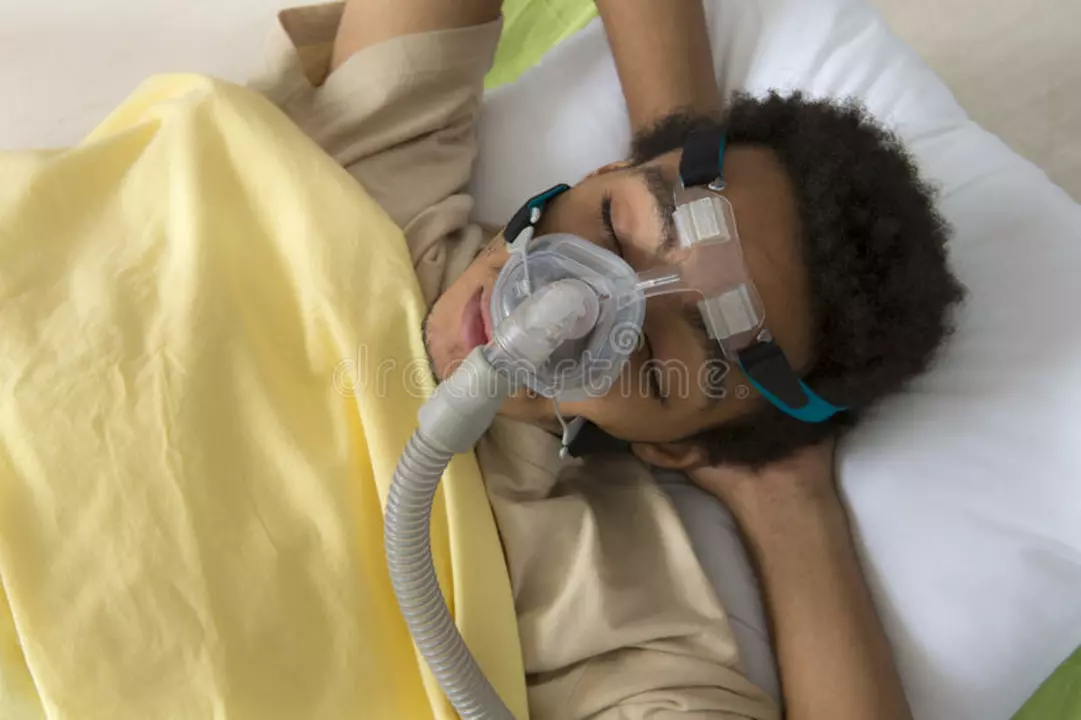Sleep disorders: practical help you can use tonight
Can't fall asleep, wake up gasping, or feel drained all day? Sleep problems are common and fixable, but the right steps depend on the cause. Below I’ll point out the most common issues, simple fixes you can try now, and which of our articles explain medication and medical options in plain language.
Common types and what to watch for
Insomnia: trouble falling or staying asleep. You might lie awake for hours or wake too early.
Sleep apnea: loud snoring, gasping, or choking at night and daytime sleepiness are red flags.
Restless legs: an urge to move your legs at night that keeps you up.
Nightmares and trauma-related sleep problems: frequent bad dreams or sudden awakenings tied to stress or PTSD.
Medication-related sleep issues: steroids, some antidepressants, and heart drugs can change sleep patterns.
If you snooze a lot during the day, fall asleep while driving, or others notice pauses in your breathing at night, see a provider for a sleep study.
Practical steps you can try tonight
Fix your sleep routine: go to bed and wake up at the same time every day — even weekends. Keep the bedroom cool, dark, and quiet. Cut screens 60 minutes before bed; the blue light messes with melatonin. Avoid caffeine after early afternoon and heavy meals late at night.
Small habits matter: a short walk or light exercise earlier in the day helps. Try a brief wind-down ritual — reading, stretching, or breath work. If your mind races, jot down tomorrow’s tasks to clear your head.
Check your meds: steroids like prednisolone can cause insomnia and vivid dreams — see our post on "Prednisolone Uses, Side Effects & Tips" for timing and tricks to reduce sleep impact. Bupropion (Wellbutrin) can also make sleep worse for some people; read "Wellbutrin: Benefits, Side Effects" to learn what to expect and how to talk to your doctor.
For trauma-related nightmares, prazosin is sometimes prescribed. Stopping it requires care to avoid withdrawal — our guide "How to Stop Taking Prazosin Safely" explains tapering and what to ask your clinician.
Sleep apnea often needs medical testing and treatment like CPAP. If you snore loudly and feel tired, bring that up with your doctor. Restless legs can respond to iron checks, medication changes, or timing of other drugs.
Costs and medication access matter. If a prescribed sleep drug feels necessary but expensive, check our article "Insider Tips to Slash Your Prescription Costs in 2025" for ways to save on meds and find assistance programs.
Not sure where to start? Keep a sleep diary for two weeks: bedtime, wake time, naps, caffeine, alcohol, mood, and medication. Bring it to your appointment — it helps your clinician see patterns fast. If you wake gasping, have loud snoring, or fall asleep at dangerous times, seek medical care sooner rather than later.
Want targeted reading? Start with "How to Stop Taking Prazosin Safely" for nightmares, "Wellbutrin" for antidepressant-related sleep effects, and "Prednisolone Uses, Side Effects & Tips" for steroid-related insomnia. Those pages give clear, practical next steps you can use with your doctor.

